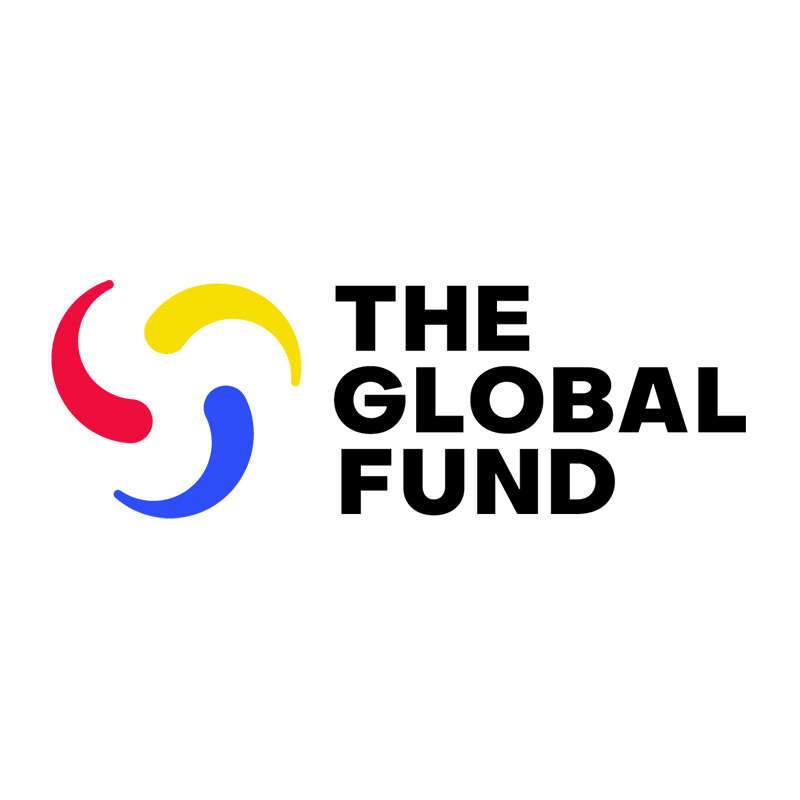
[ad_1]
Global Fund Board Welcomes Investments Towards Ending AIDS, Tuberculosis and Malaria; Expresses Concern Over Growing Needs From Polycrisis Amid Global Economic Pressures
25 April 2024
GENEVA – The Board of the Global Fund to Fight AIDS, Tuberculosis and Malaria (the Global Fund) held its 51st meeting this week in Geneva, Switzerland. While anticipating record disbursements this year, with an unprecedented pace of investment in resilient and sustainable systems for health (RSSH) and pandemic preparedness and response (PPR), the Board repeatedly acknowledged the numerous challenges – including climate change, conflict, displacement, geopolitics, the economic situation, and in particular, the erosion of human rights and gender equality – that undermine the Global Fund partnership’s ability to end the three diseases by 2030.
The Board expressed the need to address the inevitable impact that the current polycrisis will continue to have on the Global Fund partnership’s work to end the three diseases and strengthen systems for health.
“The Global Fund is a model that works, with 59 million lives saved, and the largest investments ever in RSSH and the fight against AIDS, tuberculosis and malaria,” said Lady Roslyn Morauta, Chair of the Global Fund Board. “But we must also be clear-eyed about the challenges we face, and the need to set a positive agenda, progress towards sustainability and adapt to risks, challenges and uncertainties.”
The issue of helping countries sustain their progress became a major focus throughout the meeting given this volatile environment, and with less than six years left to achieve the targets set out in the 2030 Agenda for Sustainable Development.
“One of the most important issues for this Board is ensuring countries have what they need to sustain the impact achieved with Global Fund support,” said Bience Gawanas, Vice-Chair of the Global Fund Board.
Board Members representing the communities we serve raised concerns about the sustainability of the work achieved so far if global funding for programs to address HIV, TB, malaria and health systems strengthening were to be reduced. They highlighted the comparative advantage of the Global Fund and the inclusive nature of its engagement.
The Board reiterated the Global Fund’s unwavering commitment to human rights and gender equality. A special pre-session devoted to programmatic approaches to address the concerning trends regarding human rights and gender equality set a sobering scene for the deliberations of the Global Fund Board.
“The alarming erosion of human rights, particularly for LGBTQI+ communities, and the stalling – and in some places, reversal – of progress on gender equality has a direct and material impact on our ability to achieve our objectives as a partnership, particularly for HIV, but also for TB and malaria,” said Peter Sands, Executive Director of the Global Fund. “To be blunt, it’s an existential threat to progress on HIV. We’re devoting a lot of time and energy working with our partners on the ground to minimize the damage, but we’re aware that we alone cannot turn the tide.”
When facing multiple crises and economic pressure, joining forces with partners within the global health architecture is essential. It is in this spirit that the Board endorsed the establishment of a joint committee working group to enhance collaboration and coordination with Gavi, the Vaccine Alliance, and the Global Financing Facility (GFF). They also applauded the attendance of Gavi Chief Executive Officer Sania Nishtar and GFF Head of Secretariat Luc Laviolette at one of the Board sessions. All three organizations acknowledged the vital importance of their close collaboration, especially when it comes to malaria, where hard-won gains are threatened by challenges like climate change and insecticide resistance.
“The impact of climate change on health is already killing people in the poorest and most vulnerable communities in the world, whether through malaria, heat stress or other vector-borne diseases like dengue,” said Sands. “The people most at risk to the health threats arising from climate change are the people we serve. The Global Fund partnership will have to adapt to climate change to ensure the effectiveness of our programs.”
Resource mobilization is on track for the current grant cycle and plans for the 2025 Replenishment fundraising conference are underway. The Board acknowledged the challenging and volatile Replenishment environment and the crowded international calendar and emphasized the need for collaboration and coordination between global health partners to achieve mutual success. All partners, including the World Health Organization, aligned on the need for all health initiatives to be well financed to ensure good synergy and complementarity.
The Board also approved a quality-assurance policy for vector control products and updated the procurement policy, which will drive equitable access to quality-assured health products and innovations.
[ad_2]





